Fieldwork
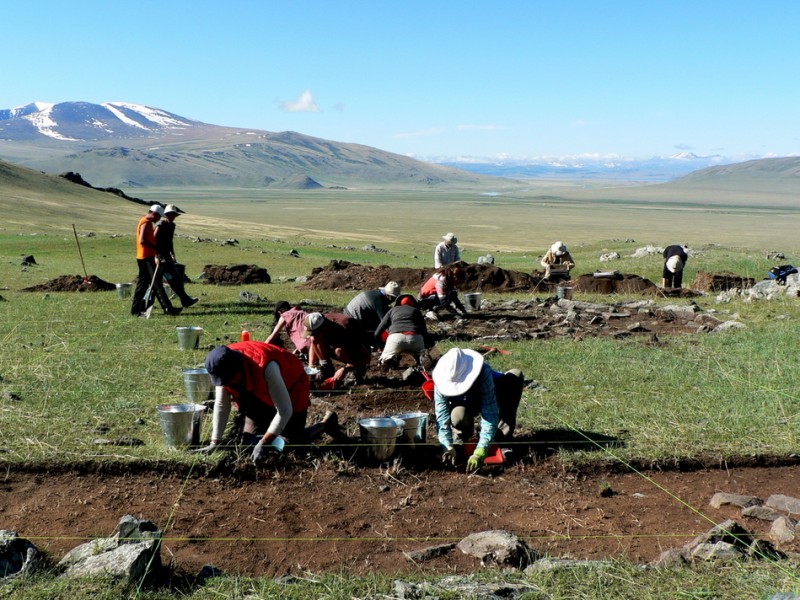
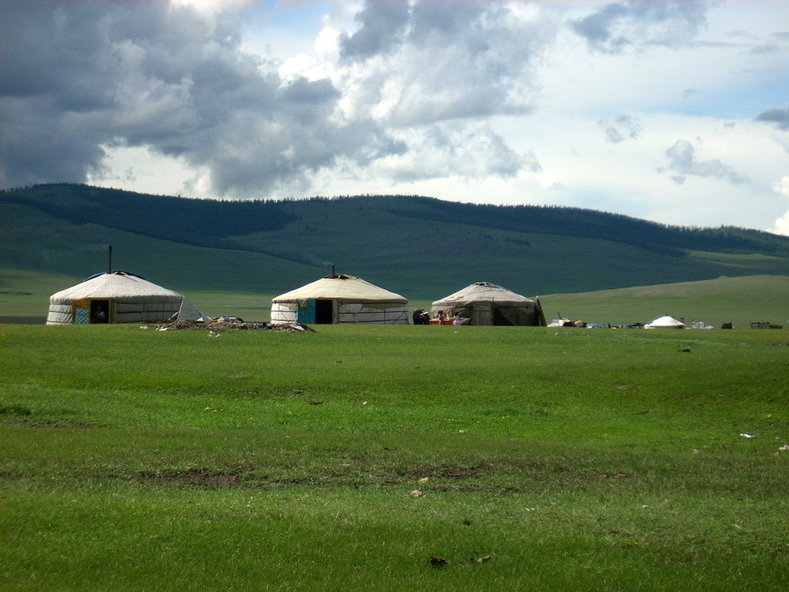
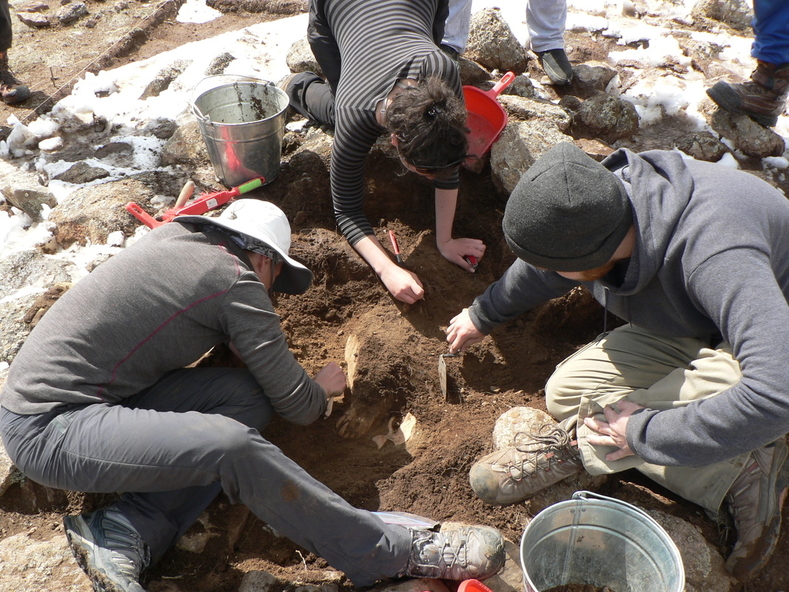
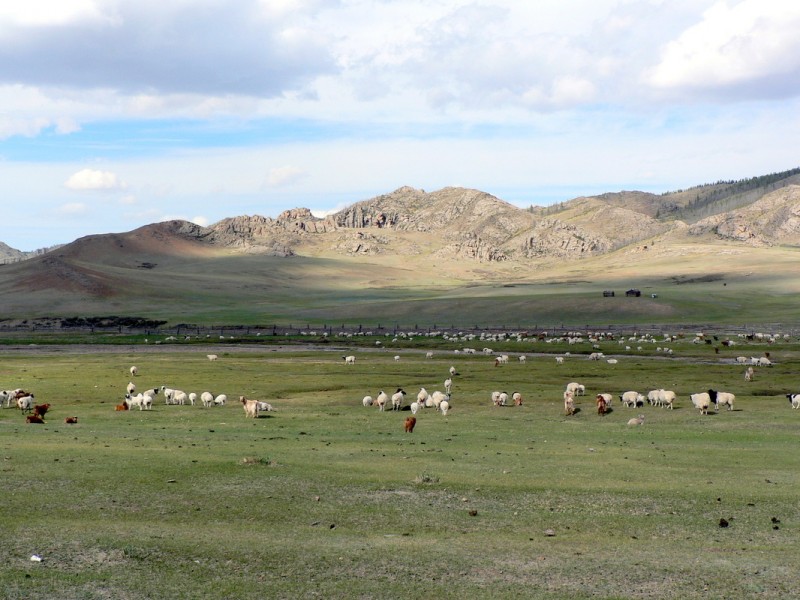
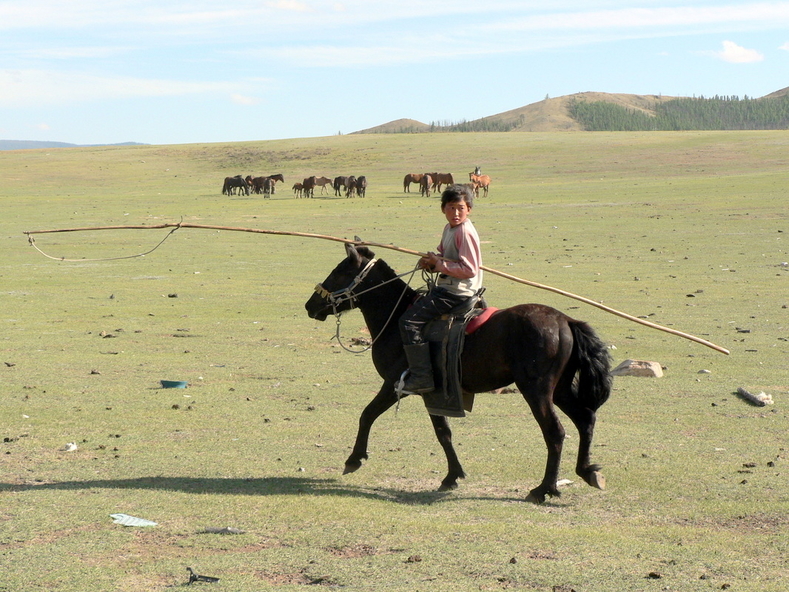
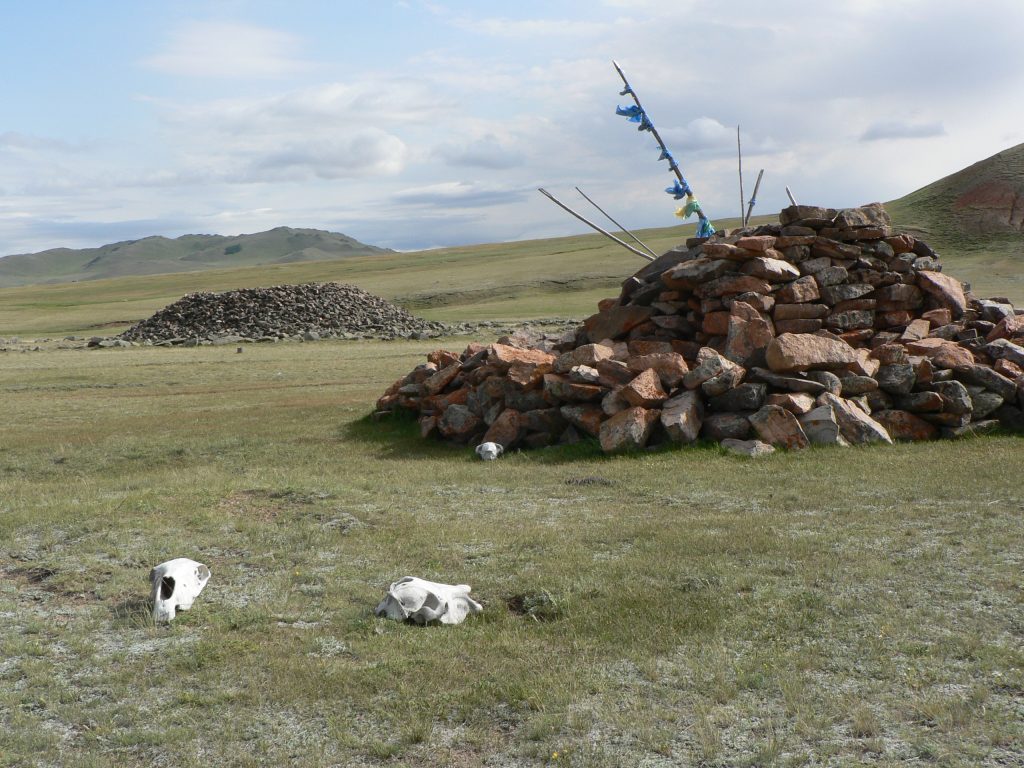
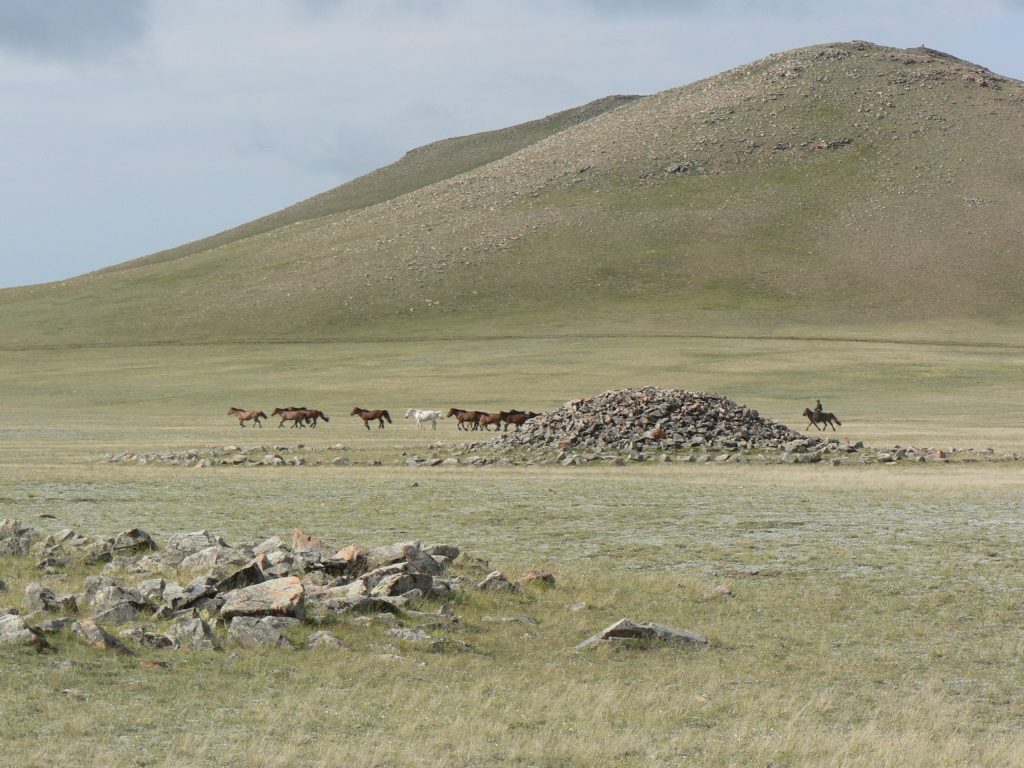
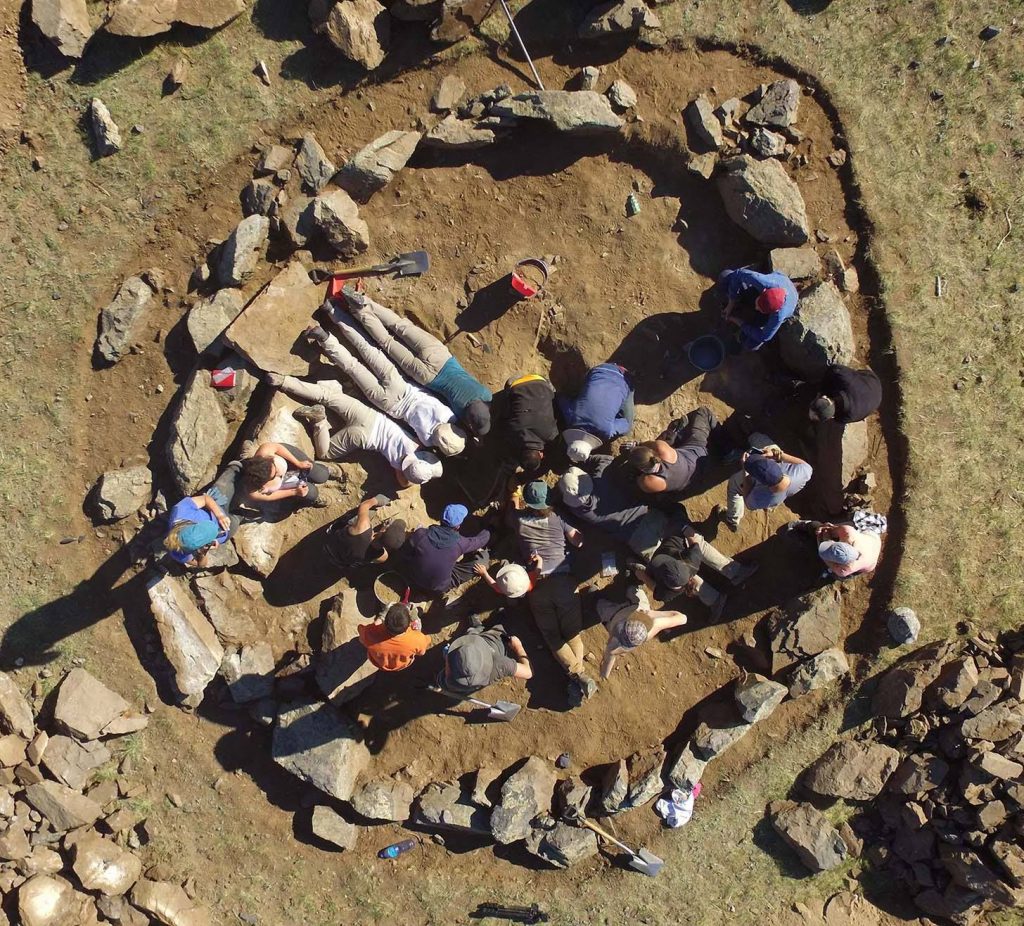
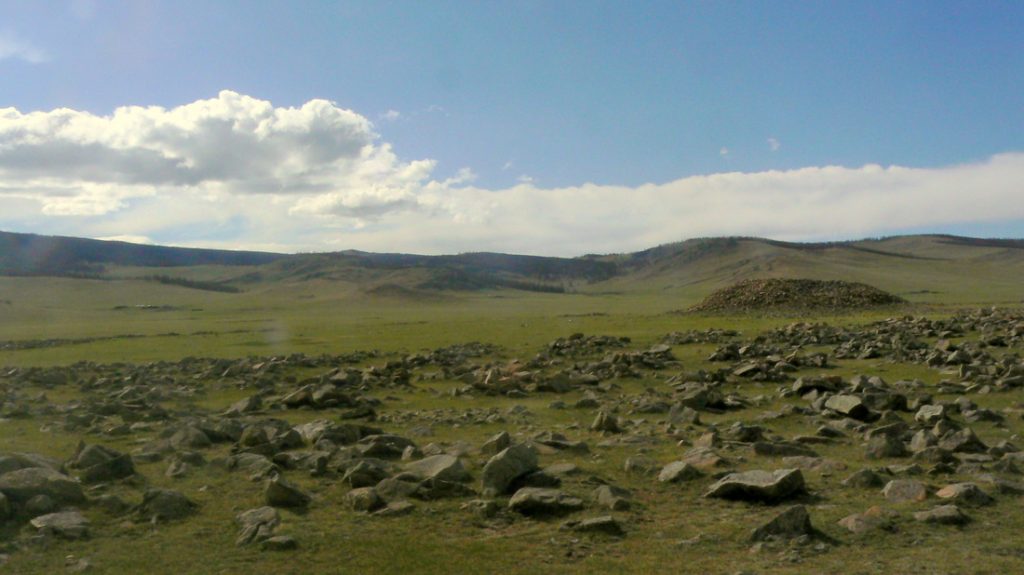
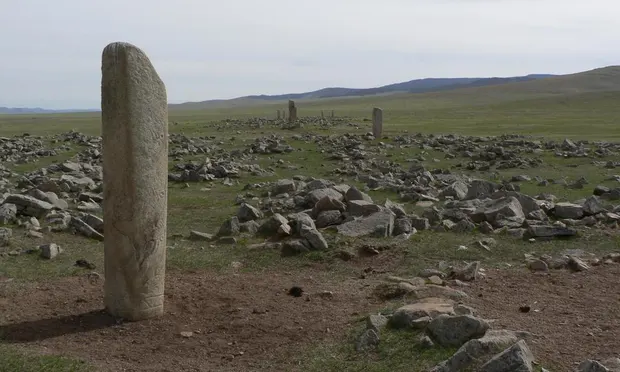
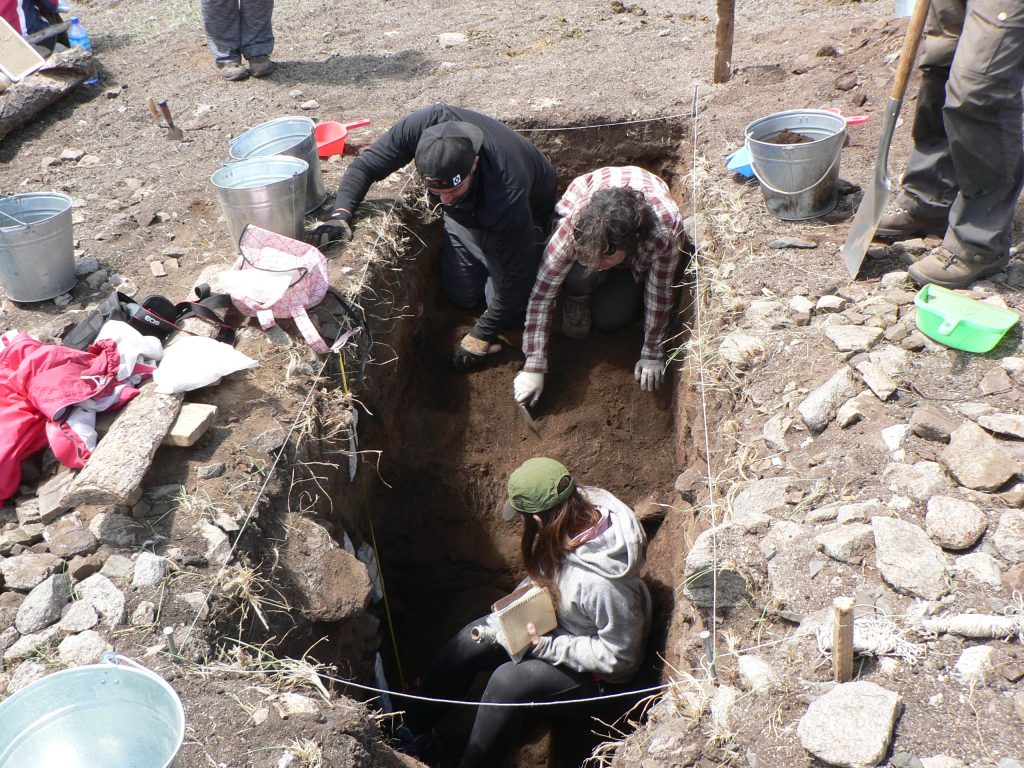
Location: Zuunkhangai, Uvs, Mongolia
Season: May 23, 2024 to June 20, 2024
Session Dates: May 23 to June 20, 2024
Application Deadline: February 28, 2024
Deadline Type: Rolling
Website: http://westernmongoliaarchaeology.weebly.com/
Program Type:
Field School, Volunteer
RPA Certified:
No
Affiliation:
Western Kentucky University and National Museum of Mongolia
Project Director:
Dr. Jean-Luc Houle (Western Kentucky University) and Dr. Jamsranjav Bayarsaikhan (National Museum of Mongolia); Staff: Dr. Oula Seitsonen (Geographer and lithics specialist, University of Oulu, Finland), Dr. Natalia Égüez (Geoarchaeologist, University of La Laguna [Spain] and University of California Davis [USA]); Dr. Francesc C. Conesa (Archaeological remote sensing, Catalan Institute of Classical Archaeology).
Project Description:
This collaborative project between Western Kentucky University and the National Museum of Mongolia aims to investigate human-environment relationships and understand the nature of the social, political, and economic organization of Bronze and Iron Age societies in Mongolia through the use of landscape and settlement archaeology (see Project Overview above for more details).
Located in the grasslands of central Mongolia, the research area is dotted with archaeological sites that date from at least the Late Paleolithic and continues to be inhabited by nomadic pastoralists who have maintained much of their traditional lifeways.
This project accommodates participants wishing to receive academic credit through WKU and those just willing to gain archaeological field experience.
It is also possible to apply online via the Project’s website: https://westernmongoliaarchaeology.weebly.com/
Period(s) of Occupation: Bronze Age, Iron Age
Notes:
Mongolia; Nomadic Pastoralists; Social Complexity; Landscape Archaeology; Settlements; Ritual Monuments; Bronze Age; Iron Age; Geoarchaeology; Remote Sensing
Project Size: 1-24 participants
Minimum Length of Stay for Volunteers: Whole Session
Minimum Age: 18
Experience Required: Participants need no special training, but should be prepared for physical activity for extended periods of time. The most important things you need for this project are patience, a good sense of humor, and the ability to adapt to radically different cultures and environments.
Room and Board Arrangements:
The field camp consists of sleeping tents (participants bring their own tent and sleeping bag), a kitchen/mess hall ger (yurt), a ‘lab’ ger (yurt), and outdoor pit toilets. Hired cooks will be responsible for buying and preparing all of the food consumed in the field (see details in the 'Project Overview'). Cost: $3,100
Includes: Transport to and from field in Mongolia, training, meals in the field, and international medical insurance.
Not included: International travel, visas (if needed).
Academic Credit:
We are happy to work with students wishing to receive Field School credit. Students should contact Dr. Jean-Luc Houle and make previous arrangements with their college or university.
Jean-Luc Houle
Department of Folk Studies and Anthropology, Western Kentucky University, 1906 College Heights Blvd. #61029
Bowling Green
KY
42101
USA
Fax: (270) 745-6889
The AIA is North America's largest and oldest nonprofit organization dedicated to archaeology. The Institute advances awareness, education, fieldwork, preservation, publication, and research of archaeological sites and cultural heritage throughout the world. Your contribution makes a difference.